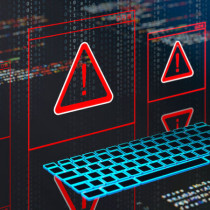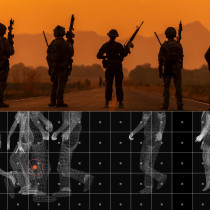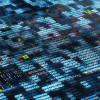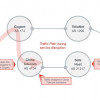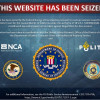DoS risk from Zip of death attacks on AV software?
Claims that anti-virus and content
filtering packages may be vulnerable to a
denial of service attacks through
maliciously constructed compressed
archives have generated a heated debate in
the security industry. A discussion thread
on BugTraq on the subject has prompted
security consultants MIS Corporate Defence
to issue an alert warning its customers of
what it describes as an easy way of
bringing networks to their knees.
Files are available on the Internet which
are as little as 42KB in size but when
fully decompressed have a total size of
16GB. The exploit works by sending an
email containing such a maliciously formed
compressed archive to an intended victim.
DoS risk from Zip of death attacks on AV software?
By John Leyden writing for The Register
According to MIS, if restrictions are not in place an antivirus or content filtering system will attempt to fully decompress an archive in order to scan its contents, and this is where the trouble might kick in when the system is dealing with maliciously compressed archives.
However Graham Cluley of antivirus firm Sophos said that he believed most antivirus products would handle such files gracefully, stopping decompression long before systems run out of resources or disc space.
"If the file cannot be decompressed because of any resource issue then we gracefully decline to continue, and the file can be bunged into a 'quarantine' area if the user so chooses to set up the gateway product that way," said Cluley, who added that even under default setting Sophos's products are not vulnerable to this form of attack.
Cluley said it's incorrect to suggest that anti-virus software will attempt to decompress every file inside the archive before scanning, though he conceded that third party content filtering products might handle the decompression themselves and thereby be at risk.
Paul Rogers, a network security analyst at MIS, has carried out tests that show that the exploit can be used to crash systems running MAILsweeper filtering software from Content Technologies and antivirus products from F-Secure.
Rogers hadn't tested other products, so its unclear whether Symantec, Trend or McAfee users are vulnerable, but he advised that best practice called for users to (where possible) restrict how many levels of compression their antivirus software would look into.
Although there has been little or no publicity about the issue, the potential vulnerability of antivirus products to a so-called Zip of death attack has been well known in security circles for some time. That said, the technique - for all the potential harm it might bring - has been little used by s'kiddies.
MessageLabs, a managed services firm that scans its user's email for viruses, reports that it had only seen two attempts at Zip of death attacks in the last year, which on both occasions it was able to detect and block. ®




